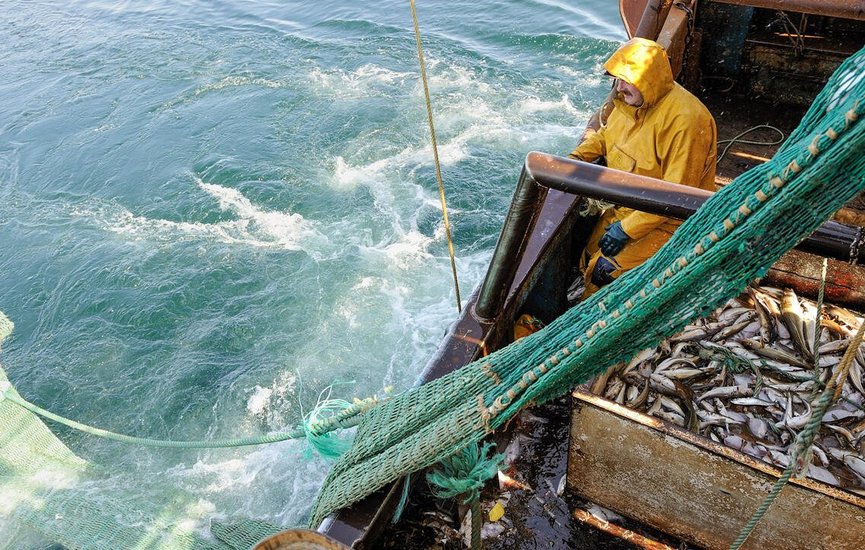Rabat – Morocco has officially received recognition from the U.S. National Oceanic and Atmospheric Administration (NOAA Fisheries), confirming that its fisheries comply with U.S. regulations under the Marine Mammal Protection Act (MMPA), as announced by the State Secretariat for Maritime Fisheries on Friday.
This accreditation, valid from January 1, 2026, to December 31, 2029, marks a significant milestone, ensuring that Morocco can continue exporting seafood to the United States, unless NOAA revokes the status during this period.
The recognition follows a thorough review of Morocco’s compliance application, which confirmed that all Moroccan fisheries on the U.S. “Foreign Fisheries List” meet the required standards. It underscores Morocco’s commitment to international environmental and sustainability norms.
For Morocco's fisheries sector, this is seen as a major strategic advancement. It not only enhances the competitiveness of Moroccan seafood in one of the world’s largest markets but also bolsters international confidence in the country's dedication to sustainable resource management.
This achievement reflects years of public policy initiatives aimed at preserving marine resources through effective measures to ensure sustainability and optimal usage. The U.S. is a key market for Moroccan seafood, alongside Europe. In 2024, U.S. imports of Moroccan fish, meat, and seafood products reached $97.2 million, with live fish exports totaling $2.37 million.
NOAA's recognition comes at a crucial time, as seafood imports are facing increasing scrutiny in Washington. Under the MMPA, foreign suppliers must prove that their practices limit harm to marine mammals at levels comparable to U.S. standards. Countries that fail to comply will be barred from the U.S. market starting in 2026. Legal challenges, such as a U.S. court case against New Zealand’s dolphin bycatch, demonstrate how the law extends far beyond U.S. waters.
Trade tensions have also complicated seafood exports. A 10% tariff on nearly all seafood imports, introduced under the Trump administration, along with some products facing even higher duties, has raised concerns among American buyers about supply shortages and price hikes.
By meeting MMPA compliance, Morocco secures its place in the U.S. market and avoids another potential barrier during a period of shifting global supply chains. This recognition also aligns with Morocco's broader strategy to strengthen its fisheries sector, expand its global market presence, and balance economic growth with the sustainable management of marine resources.
